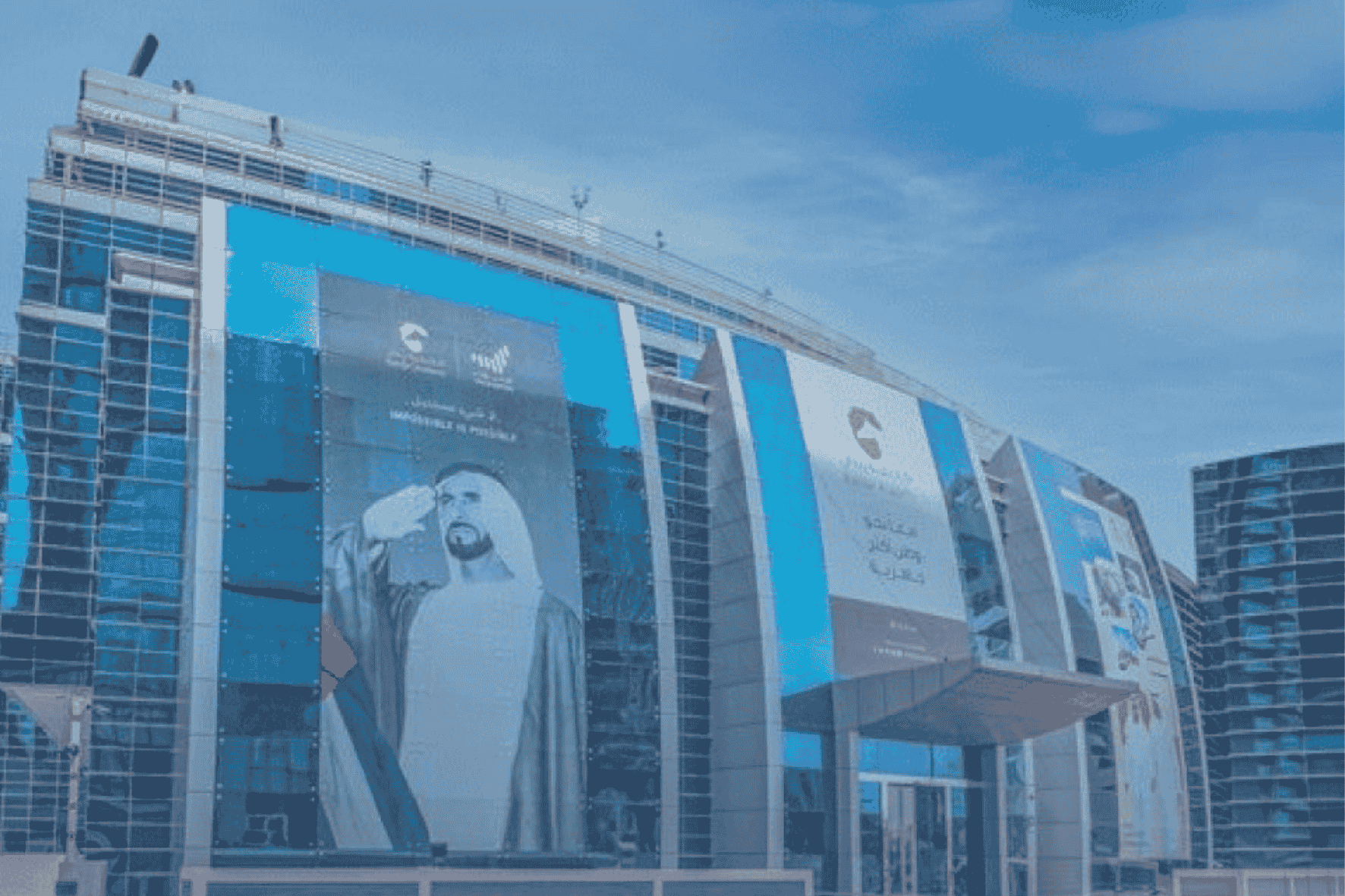KHDA Suspends School Inspections in Dubai for 2025

The Knowledge and Human Development Authority (KHDA) has introduced a significant policy shift in the oversight of Dubai’s private education sector. For the 2025-2026 academic year, KHDA announced the suspension of full school inspections for private schools across the emirate. This strategic change supports KHDA’s broader mission to enhance education quality, drive innovation, and empower schools to lead continuous improvement efforts independently.
The new approach is not a reduction in quality control but a modernized framework that supports school-led development and responsiveness. With a strong emphasis on targeted visits, self-assessment models, and community feedback, KHDA is reshaping how private school performance is evaluated and supported in Dubai.
KHDA Suspends Full Inspections Across Private Schools in Dubai
For the 2025-2026 academic year, KHDA will not conduct full-scale inspections of most private schools in Dubai. This pause in traditional evaluations allows KHDA to focus on strategic, high-impact visits that concentrate on priority areas rather than comprehensive reviews.
This updated policy applies to all established private schools in the city. Only new private schools that have completed three academic years will undergo full KHDA inspections for the first time. The goal is to maintain quality oversight for emerging institutions while granting more autonomy to experienced ones.
Focus Shifts to Targeted KHDA School Visits
Although full inspections are suspended, KHDA will continue evaluating school performance through targeted visits. These visits will be designed to assess specific educational aspects aligned with Dubai’s Education Strategy. Instead of covering all operational areas, KHDA will concentrate on high-priority topics that contribute to educational excellence.
These targeted assessments will be guided by existing performance data, school self-evaluations, and feedback from students, parents, and educators. By doing so, KHDA ensures that each visit is meaningful, relevant, and designed to support tangible progress.
This approach reflects global trends in educational quality assurance, where agile and focused evaluations replace exhaustive annual reviews.
Newly Established Schools to Undergo Full KHDA Inspections
While the majority of private schools will benefit from the suspended inspections, new schools will continue to undergo a full KHDA inspection process. This applies to schools completing their third academic year in 2025-2026.
These full inspections are crucial in assessing new institutions on their governance, curriculum quality, leadership, student safety, and academic performance. KHDA’s decision ensures that recently opened schools meet Dubai’s high education standards and maintain consistency in delivering quality education from the outset.
This dual approach—full inspections for new schools and targeted reviews for established ones—helps balance innovation with accountability.
Self-Evaluation and External Benchmarking Become Mandatory
To maintain a high level of academic rigor during the inspection suspension, KHDA is requiring all schools to continue their participation in external benchmarking assessments. These assessments offer internationally recognized standards to evaluate student achievement and learning outcomes.
Schools are also expected to engage in regular self-evaluation exercises. These self-assessments must be documented and submitted periodically to KHDA. The evaluations should provide an honest, structured analysis of school performance in key areas such as student achievement, teaching quality, and wellbeing.
These practices enable schools to monitor their own progress, address weaknesses proactively, and drive their own improvement plans. KHDA will use the submitted data to inform its targeted visits and ongoing policy support.
KHDA Encourages Professional Autonomy Among Educators
By suspending full inspections, KHDA is encouraging a shift toward professional trust and autonomy in Dubai’s private schools. Teachers and school leaders are being given the space to innovate and implement strategies that serve their unique student populations, free from the pressure of rigid inspection checklists.
Educators can now focus more deeply on student-centered learning, curriculum enhancement, and classroom innovation. This level of professional freedom must be paired with responsibility—schools are expected to build internal systems of accountability that demonstrate continuous improvement and academic progress.
School principals and leadership teams are advised to create robust quality assurance frameworks that align with KHDA expectations. Regular reporting, stakeholder engagement, and measurable goals are essential to this new accountability model.
KHDA Strategy Emphasizes Community Engagement and Feedback
Parental involvement and community feedback are becoming central components of KHDA’s school evaluation framework. In the absence of full inspections, KHDA will place increased value on input from students, parents, and school staff to identify development areas.
KHDA urges private schools to strengthen their communication with families, ensuring transparency, collaboration, and shared responsibility in the learning process. This participatory model improves trust and leads to a more responsive and inclusive education system.
Parents will also continue to have access to performance insights through KHDA’s platforms, helping them make informed decisions about their children’s education.
Data-Driven Education Oversight in Dubai’s Private Sector
Even without full inspections, KHDA will maintain a strong oversight presence through data analysis and school performance tracking. The use of external assessments, self-reported data, and focused visits allows KHDA to monitor school quality consistently.
KHDA’s Education Quality Assurance and Compliance Sector, led by Fatima Ibrahim Al Rahief, will use performance analytics to identify trends, highlight excellence, and support underperforming institutions. This strategic use of data ensures that all schools remain aligned with the emirate’s high educational standards.
By utilizing advanced analytics, KHDA can intervene more efficiently and provide customized support to each school.
International Alignment With Modern Education Practices
Dubai’s decision to pause inspections for a year mirrors emerging international best practices. Countries like Finland, Singapore, and Canada have adopted similar models that emphasize trust, autonomy, and targeted school development over annual comprehensive reviews.
KHDA is aligning Dubai’s education sector with these globally respected systems, where the focus is on long-term learning outcomes and school-based leadership rather than short-term inspection results.
This model fosters creativity, reduces inspection fatigue, and empowers schools to take control of their growth. Dubai’s private education system is therefore positioned as a progressive, future-focused model in global education governance.
Preparing Schools for the 2025-2026 Academic Year
As the 2025-2026 academic year approaches, private schools in Dubai are preparing to implement this new quality assurance framework. With no full inspections, schools must rely on strategic planning, self-reflection, and performance tracking to demonstrate progress.
KHDA will continue to provide guidance and professional development to support schools during this transition. Workshops, forums, and educational partnerships will be available to help schools adapt their internal practices to the updated framework.
The success of this initiative depends on collaboration, responsibility, and a shared commitment to educational excellence across Dubai’s diverse and dynamic school network.







